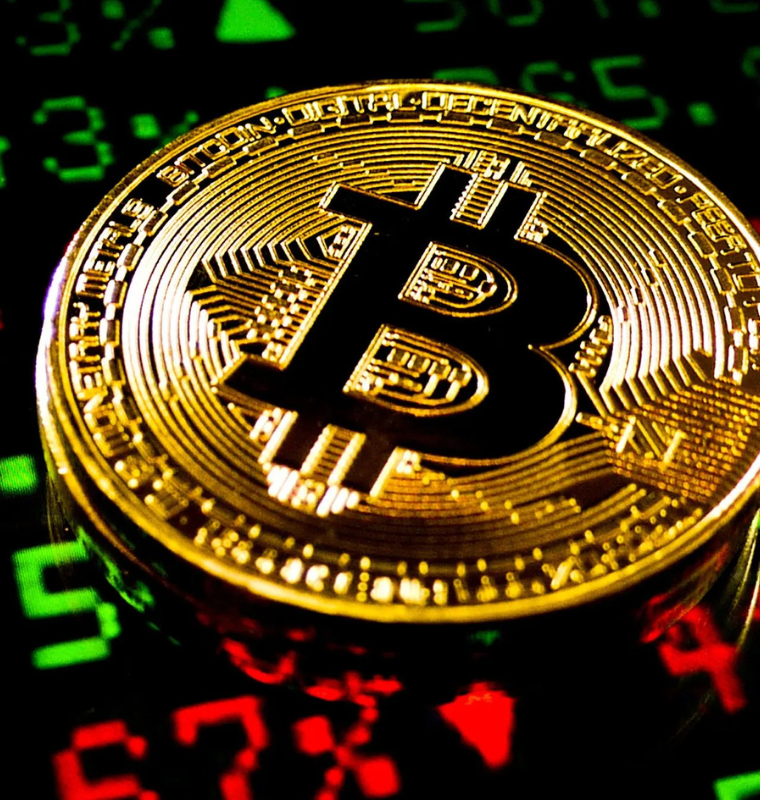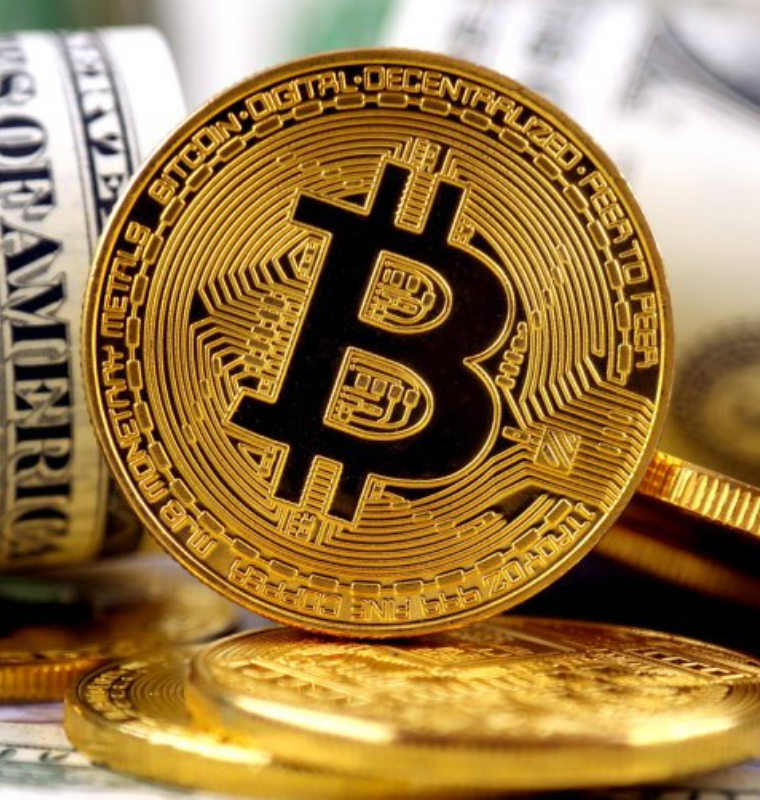US Sanctions Iranian Financiers Over $100 Million in Cryptocurrency Transfers
US Sanctions Iranian Financiers Over $100 Million in Cryptocurrency Transfers
By
David Goldfarb
Last updated:
September 22, 2025
First Published:
September 22, 2025
.jpg)
Photo: The New Arab
New Sanctions Shake the Crypto Market
The United States government has imposed sanctions on Iranian financiers and associated entities for processing over $100 million in cryptocurrency derived from Iranian oil sales. This move demonstrates how authorities are increasingly monitoring the flow of digital assets to prevent their use in evading international sanctions. Cryptocurrency exchanges and traders worldwide are now paying closer attention to regulatory developments.
Cryptocurrency Under Global Scrutiny
Digital currencies have long been valued for their decentralized nature, but the recent sanctions highlight the growing international scrutiny of crypto transactions. Regulators are actively tracking large-scale transfers and partnerships that may bypass legal frameworks. For investors, this is a reminder that cryptocurrency markets are influenced not only by technology but also by global geopolitics.
Iran’s Crypto Strategy
Iran has leveraged cryptocurrencies to circumvent financial restrictions imposed by the international community. By converting oil revenue into digital assets, Iranian entities can access international markets with fewer barriers. However, the new sanctions aim to close this loophole and enforce accountability for cryptocurrency-related transactions.
Impact on Global Exchanges
Cryptocurrency exchanges are now under heightened pressure to comply with regulatory requirements. Platforms operating internationally may be required to implement stricter verification processes and monitoring mechanisms. This increased oversight can affect trading volumes and liquidity, particularly for assets linked to sanctioned regions.
Tracing Digital Transactions
Blockchain technology offers transparency, but it also provides a challenge for regulators seeking to track illicit transactions. Authorities are deploying sophisticated tools to identify wallet addresses, monitor transfers, and link cryptocurrency movements to specific individuals or organizations. The sanctions reflect the effectiveness of these monitoring strategies in the fight against illegal financial activity.
Investor Awareness and Market Reactions
The sanctions have created a wave of caution among cryptocurrency investors. While digital assets continue to attract interest for their growth potential, geopolitical risks now play a more significant role in investment decisions. Traders and institutional investors are evaluating exposure to cryptocurrencies with potential links to sanctioned entities.
Legal and Compliance Challenges
Entities engaged in cryptocurrency transactions must navigate a complex legal environment. Compliance with international regulations is becoming essential to operate securely. The sanctions serve as a warning that even decentralized assets are not beyond the reach of global enforcement measures.
Broader Implications for Oil-Linked Crypto Transfers
Iran is not the only country exploring cryptocurrency to bypass traditional banking channels. Other nations may also look to digital currencies for cross-border trade. The sanctions signal that such practices could face immediate and serious repercussions, setting a precedent for how governments approach cryptocurrency regulation.
Future of Sanctions and Cryptocurrency Monitoring
Authorities around the world are likely to continue refining their ability to trace and control cryptocurrency flows. As enforcement mechanisms improve, entities using digital assets for sanctioned purposes may find it increasingly difficult to operate without detection. This could lead to greater transparency and accountability in the global crypto ecosystem.
The recent US sanctions against Iranian financiers underscore the intersection of cryptocurrency, geopolitics, and international finance. While digital currencies offer unique opportunities, they are not immune to regulatory oversight. Investors and institutions must remain vigilant and informed as the global framework for cryptocurrency governance continues to evolve.
Popular articles
Subscribe to unlock premium content
Disney’s Timeless Magic and How the Entertainment Giant Continues to Shape Culture and Innovation

Imran Khan’s Economic Missteps Amid Political Chaos in Pakistan

The Philippines’ Digital Shift How Remittances and BPO Are Fueling Growth

Disney’s Timeless Magic and How the Entertainment Giant Continues to Shape Culture and Innovation

Imran Khan’s Economic Missteps Amid Political Chaos in Pakistan

Disney’s Timeless Magic and How the Entertainment Giant Continues to Shape Culture and Innovation









